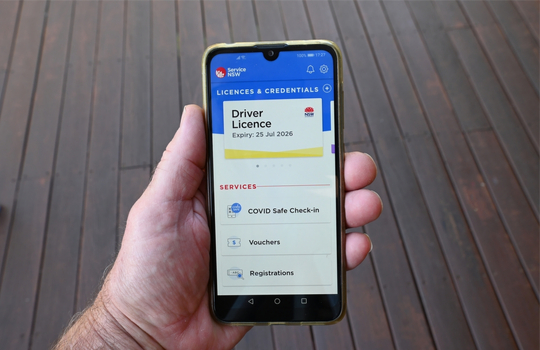
The NSW Government has invited the public to provide feedback on the accessibility and inclusivity of its Digital Identity program.
Feedback from the survey will be used to identify potential barriers encountered by citizens accessing NSW Government digital services as well as priorities to ensure digital identity and verifiable credentials are “inclusive and easily accessible” for all citizens.
Potential barriers for citizens may include concerns over connectivity, such as lack of access to broadband internet or smartphone technologies, affordability, including the cost of internet access, apposite digital skills required to use government services, security and trust issues, such as concerns over how data may be used, and a range of potential accessibility issues, including equitable access of those living with a disability or individuals whose primary language is not English.
“Digital inclusion is about ensuring everyone can access and use online services and digital technologies effectively,” Identity.NSW’s executive director Lenka Bradovkova said.
“We want to develop digital solutions that can work for all customers and to do that we need to hear from as many of our customers as possible.”
Bradovkova added: “The ‘Your Digital Identity and Inclusion’ survey is essential in really understanding what barriers affect all communities including the disability community, Aboriginal and Torres Strait Islander communities and Culturally and Linguistically Diverse (CALD) communities, so we can best understand how to address them.”
As part of its overarching Identity Strategy, the NSW Government said its goal is to provide its citizens “with a trusted, convenient and safe identity” that would simplify access to state government services as well as enable individuals to provide proof of identity or verifiable credentials for non-government services.
The Government said it is committed to providing “equal access to secure and efficient identity products and services”.
The consultation is open for contributions until mid-2022.





